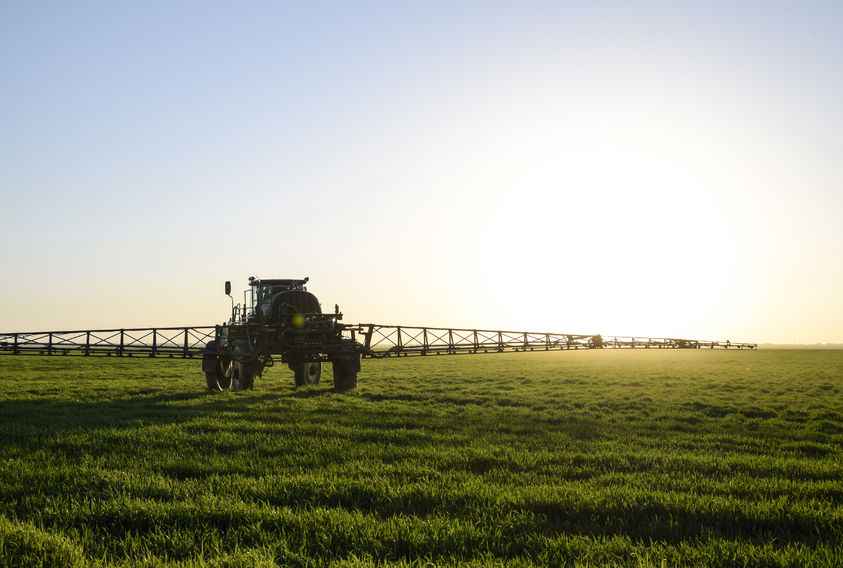
A new study has concluded that there is no link between exposure to glyphosate and cancer, scientists said on Thursday.
The large long-term study taken as part of the Agricultural Health Study and published in Journal of the National Cancer Institute on Thursday (9 November), looked into the use of the world's most commonly used herbicide by US agricultural workers.
It monitored the health of nearly 90,000 people in Iowa and North Carolina from 1993 to 2010, including farmers licensed to apply pesticides to their crops, and their spouses.
The researchers said that among more than 54,000 pesticide applications taken into account in the study, 83 per cent contained glyphosate. Yet they found no significant increase in cancers among those exposed to the chemical.
However, among applicators in the highest exposure quartile, there was an increased risk of acute myeloid leukemia (AML), though this association was not "statistically significant".
The study comes into conflict with the World Health Organisation's International Agency for Research on Cancer’s (IARC), which in 2015 decided to class glyphosate as a “probable carcinogen to humans”.
But in the same year, the European Food Safety Authority (EFSA) concluded that glyphosate is “unlikely to pose a carcinogenic hazard to humans”, showing the contradictory nature of the debate.
David Spiegelhalter, a professor of public understanding at Cambridge University who has no link to the Thursday's research, told Reuters he believes that the most recent analysis has been “large and careful” and shows “no significant relationship between glyphosate use and cancer.”
The news could impact a decision expected in the EU by the end of the year as to whether or not the herbicide’s license should be renewed.
The European Commission has once again postponed its decision on the vote for the renewal of glyphosate on Thursday (9 November) after Member States could not agree on it.
The National Farmers' Union (NFU) has urged the European Commission to take "decisive action" to reauthorise the use of glyphosate to stop the politicisation of the process.
